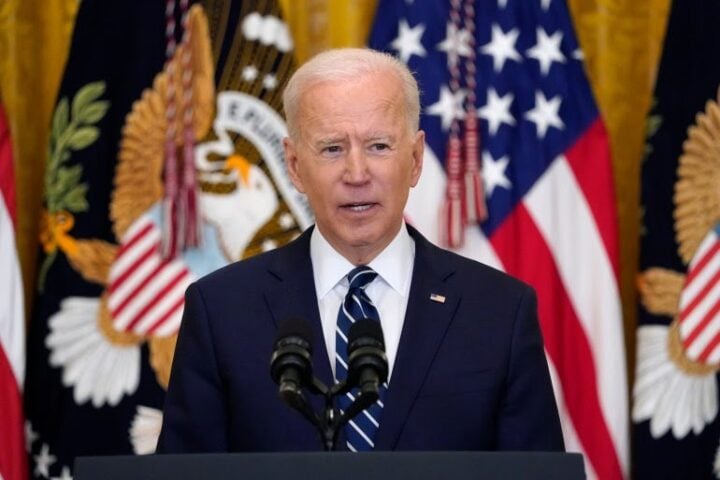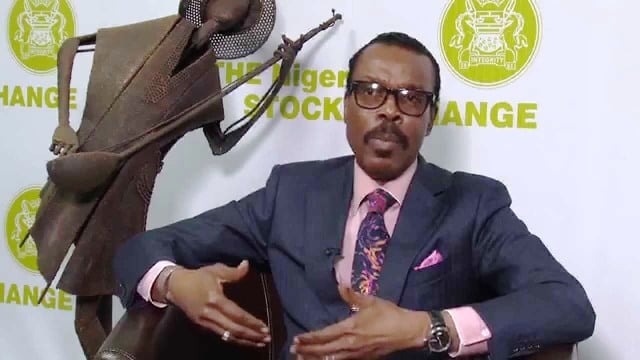The Central Bank of Nigeria (CBN) says the coronavirus pandemic affected stability in the exchange market.
Edward Adamu, CBN deputy governor, corporate service, stated this at an interactive session organised by the house of representatives committee on finance on the 2022-2024 medium term expenditure framework/fiscal strategy paper (MTEF/FSP) for ministries, departments and agencies (MDAs) in Abuja on Monday.
In May, the apex bank adopted the importer and exporter window (I&E) as the default reference exchange rate for official transactions. The move weakened the naira by 8 percent to N410.25/$1.
At the parallel market, the naira is currently trading above N500/$1.
Advertisement
Adamu explained that the three major sources of forex into Nigeria were affected by the uncontrollable forces of demand and supply.
“The exchange rate itself is determined by the forces of demand and supply. On the supply side, there are three main avenues by which we get foreign exchange into the country,” he said.
“We need to remember that even though economists call it exchange rate, the simpler definition is the price of the dollar. So if you take the dollar as a commodity, think about what determines the price of that commodity.
Advertisement
“It is the availability and use of that commodity on the availability which is the supply. We have proceeds from sales of crude oil, we have foreign portfolio inflows and remittances. Those are the three major ways that we get FX.
“Crude oil production has not been as high as we want it to be, and obviously in the aftermath of the COVID-19, the global economy ground to a halt.
“The use of crude was also grounded to a halt to the extent that sometime in April last year we actually had crude oil selling at negative money, which means that people were being paid to store what they bought.
“So that avenue for FX inflows was significantly reduced. You go onto foreign portfolio inflows, we know that foreign investors normally settle their affairs on the side of caution.
Advertisement
As the COVID-19 outbreak happened, they moved out $130 billion from the emerging market into safe haven assets like QS treasury securities, and Nigeria was one of the countries where those monies were withdrawn from.
“On the remittance side, we also saw a drop in diaspora remittances. On the demand side, we saw speculative demand from Nigerians. These affected the availability of dollars, and we had the decline or the depreciation in the value of the naira.
Adamu said the apex bank had implemented several measures to stabilise the naira.
He said the recovery of crude oil prices in the international market would also contribute positively to stabilising the currency.
Advertisement
“Obviously, we’ve put in a lot of efforts within the CBN and recovering the global economy is also helping oil prices to recover,” he said.
“Which is why we are happy that the exchange rate has stabilised somewhat, it is a moving target, but it has stabilised in the I & E window for a while.”
Advertisement
Last year, diaspora remittances into Nigeria, which account for over 83 percent of the national budget and 6.1 percent of the country’s gross domestic product, witnessed a 20 percent reduction.
In June, lawmakers at the house of representatives had asked CBN to set up a policy to tackle the devaluation of the naira.
Advertisement
Add a comment






